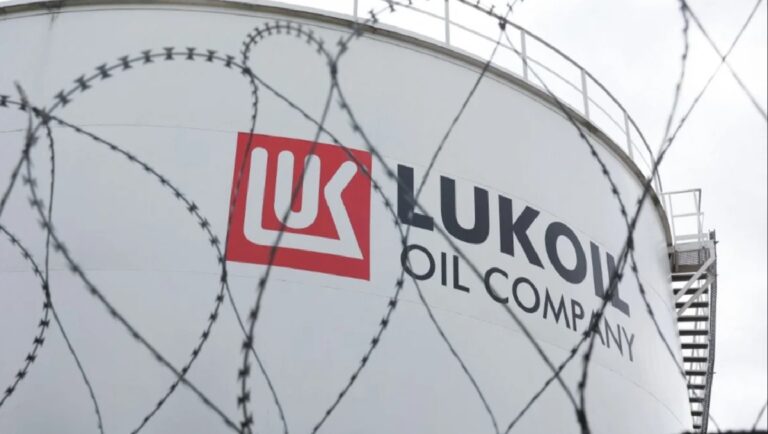Other buyers could join North Field expansion ‘if they add value’: Al-Kaabi
HE the Minister of State for Energy Affairs Saad bin Sherida al-Kaabi said other buyers could join the $29bn North Field expansion “if they add value”.
Speaking to reporters in Doha Tuesday al-Kaabi, also the President and CEO of QatarEnergy said, “We had been in discussions with several buyers – or value added partners as well call it, around the world who have shown interest… and very eager interest I would say.
“It depends on the value they add…if they add value they would come in. We are proceeding with the project, regardless. There could be some, if we find good opportunities and a win-win situation. We really are not in a rush to do that…there is no big need to do that.”
On the “value added partners”, the minister noted, “Basically, they need to be a buyer of LNG… so they need to demonstrate that they can give us a price that is above the market price. This is because they will be coming into the best project that exists in the LNG business from a cost perspective and from a return perspective (in the world) and the largest ever built.”
Al-Kaabi said QatarEnergy has very capable marketing organisations that are working on marketing these volumes – and the likes of Shell only add to additional marketing capability.
The minister said QatarEnergy had finalised the selection of IOCs in the North Field East (NFE) Expansion project following its selection of Shell as a partner.
QatarEnergy and Shell will become partners in a new joint venture company (JV), in which QatarEnergy will hold a 75% interest while Shell will hold the remaining 25% interest.
This agreement is the fifth and last in a series of partnership announcements in the multi-billion dollar NFE project, which will raise Qatar’s LNG export capacity from the current 77mn tonnes per year (mtpy) to 110 mtpy.
The North Field East (NFE) expansion project is the single largest project in the history of the global LNG industry.








